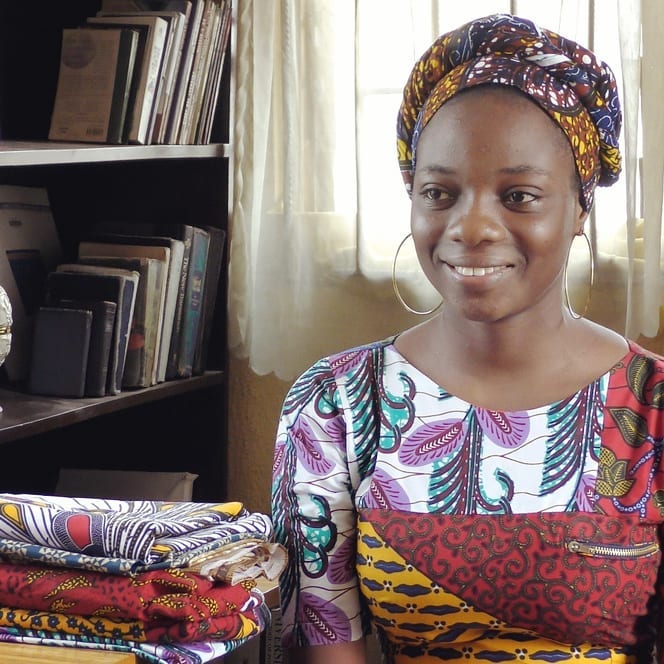It was my final year at the university when my not very close friend approached me about a ‘Ponzi scheme’. Well at that time he called it a business. Yes! A business, that was what he called it. He called my name and continued.
“if you put 20k into it this month, by month-end you’d be paid 40k”
My eyes left their sockets as if they were almost going to hug the person talking. Little did I know I was about to be scammed. Okay! I know you’d want to hear more about that story. We’d continue some other time…(laughing in tears!) What is Ponzi scheme? Who are they looking for? Is there Ponzi scheme in Nigeria? How do I identify it’s a Ponzi scheme. Read further to find out in this article.
What is Ponzi Scheme?
The origin of Ponzi scheme can be traced to a certain man called Charles Ponzi. He scammed investors in the 1920s with postage stamp speculation. A Ponzi scheme is a fraudulent investment programme that entices unsuspecting and naive persons to put a certain amount in an unexplainable and untrackable business investment with a promise of a ridiculous return on investment. The first record of Ponzi scheme in Nigeria can be traced back to the 1980s, when the Umama Umama scheme surfaced in Calabar. Then the Planwell scheme surfaced in Edo state in the early years of the 1990s.
The fraudulent scheme uses new investors money to pay earlier investors. Hence given the unrealistic/false impression that the investment is viable. This scheme is otherwise known as a pyramid scheme. At the end of it all, the schemes fail to the detriment of later investors. (I know MMM is coming to your mind already, yes MMM!) Wait a minute, hope you weren’t scammed? Okay, tell us about that in the comment section.
30% ROI, MMM, Racksterli all na scam!
When my friend told me about the so-called business deal, it wasn’t as if I had no doubts. But I told myself that I would cash out even if all is going to fail eventually, but no! After my first investment, I reinvested, they offered me a mouthwatering deal, and I fell for it. “That was the last time I saw my N500,000 meant for school fees”. In 2016, according to Nigeria’s Securities and Exchange Commission, millions of Nigerians promised a 30% ROI on investment, lost over 18 billion nairas to a Russian enterprise popularly known as MMM (Mavrodi Mundial Movement) when it crashed. Many committed suicide as a result of this event. But one would think people have grown wiser, No! Maybe it is due to the high rate of unemployment in the country. Ponzi scheme organizers still find their victims in the pool.
According to the 14th September 2021 publication of the Nigerian Guardian Newspaper, Nigerians have lost N300b to Ponzi schemes, speculative trade. Recently, Nigerians were still scammed in billions by Racksterli. They claim to offer an investment deal that promised a mind-boggling return on investment to investors. The promoters of course did their homework well, used celebrities and media influencers to gain people’s trust, and people fell for it. The key thing is, when it looks too good to be true, be suspicious!
Meanwhile, we are concerned, and that’s why we have developed a unique app to bring together on one platform, both international partners/investors and Nigerian entrepreneurs to share business data intelligence and connect both to the market. We believe when Nigerians are empowered, their susceptibility rate to Ponzi promoters will be minimal. The App is going through the test stage and you can be a part of the testers by downloading right here.
Ponzi Scheme fails when?
The duration it takes a Ponzi scheme to fail can’t be specifically stated. Roughly it takes an average Ponzi scheme between a month and a year to fail, depending on how easily the organizers get to recruit people to join the bandwagon. Typically, a Ponzi scheme needs new investors ( victims) to maintain the pyramid. When the number of new investors can’t meet up with existing investors or there is heavy cash-out by existing investors, the Ponzi scheme falls. Read our upcoming blog on this topic to learn about the signs to look out for before investing in that business or investment. But before then Subscribe to our Newsletter so as to always be the first to hear from us.
Cheers
Samuel




